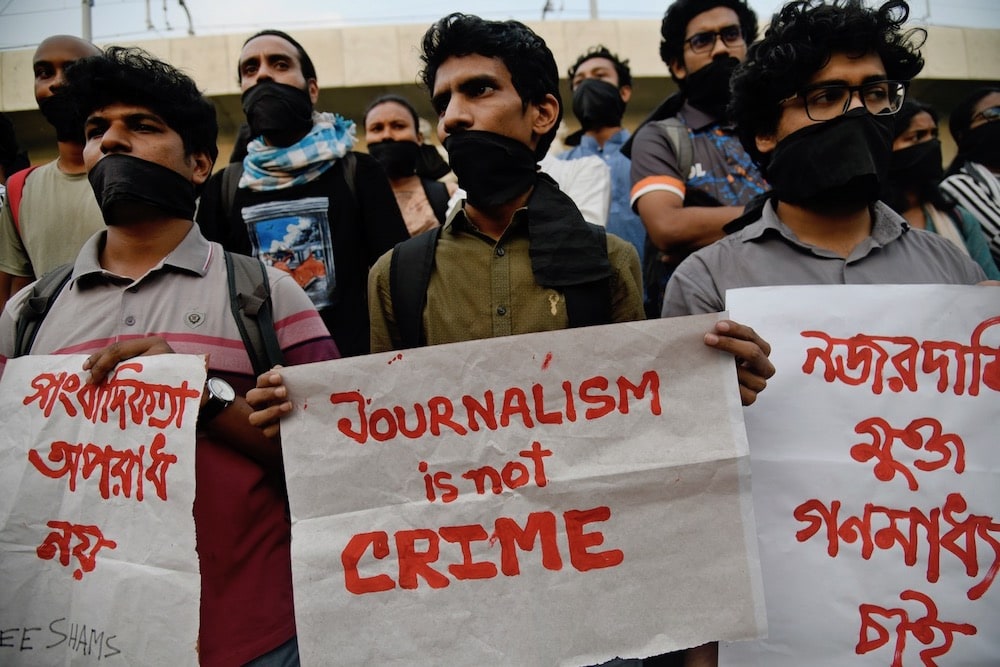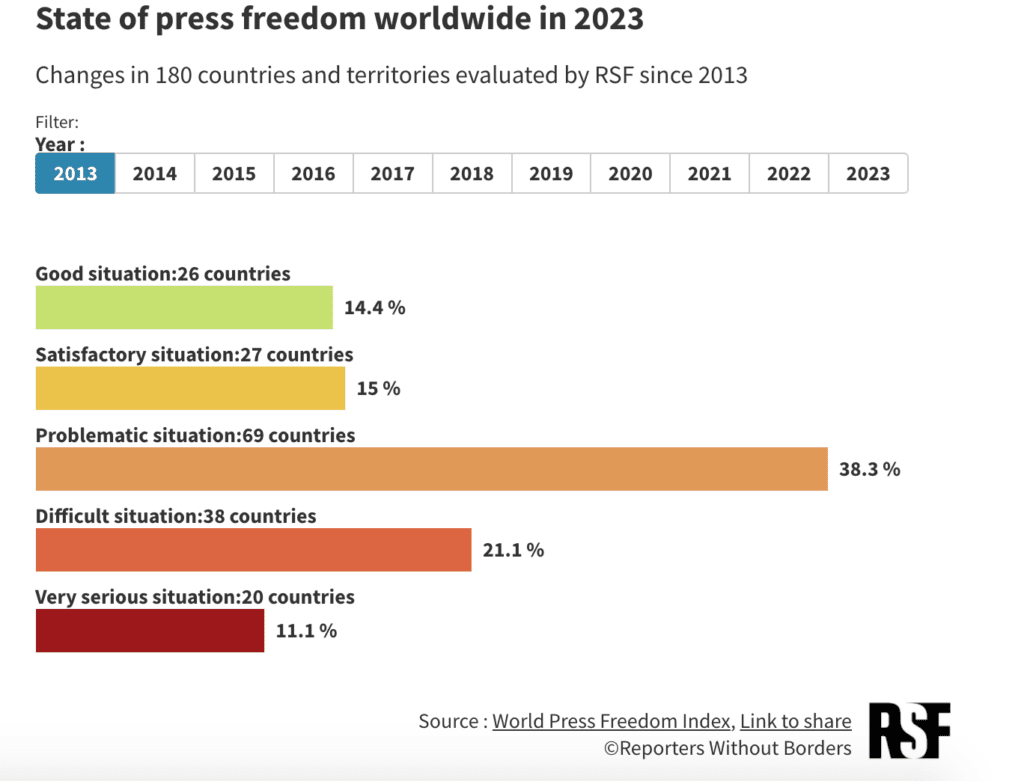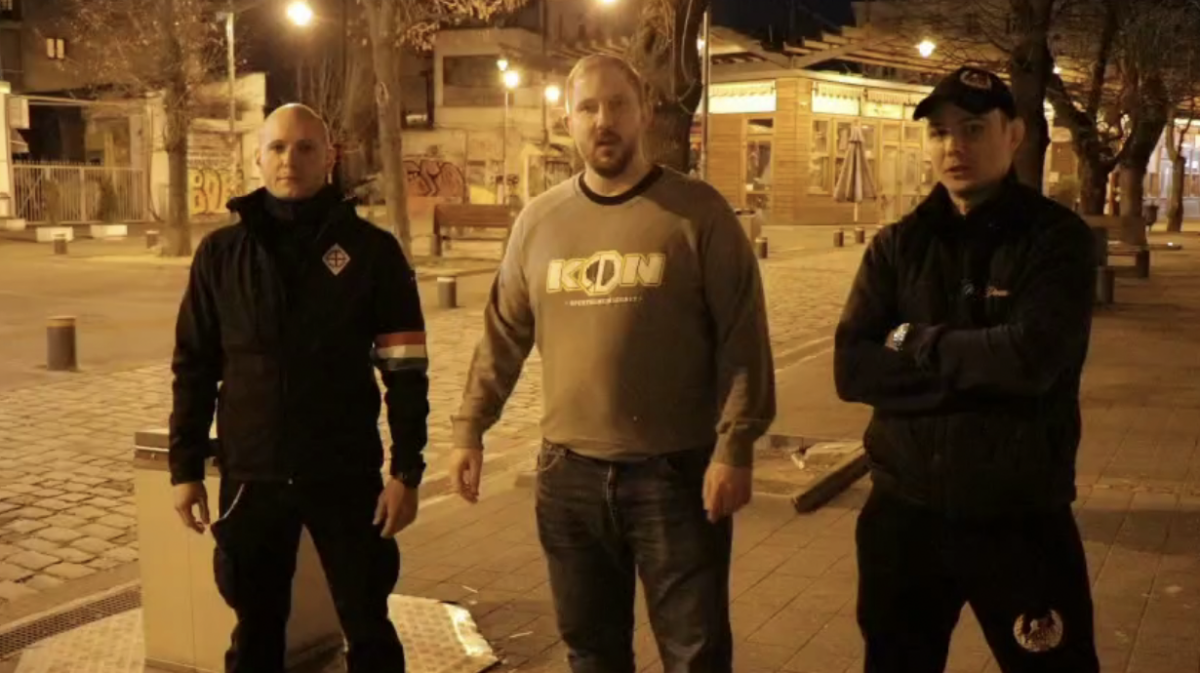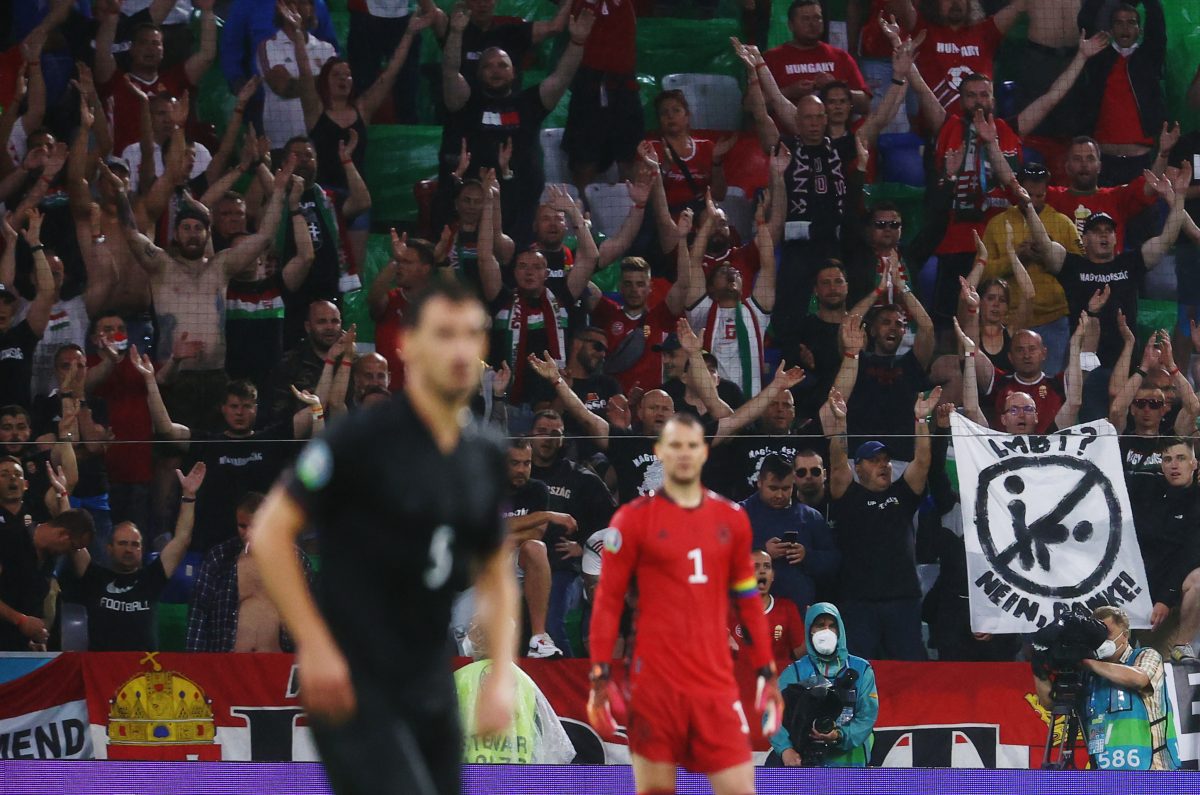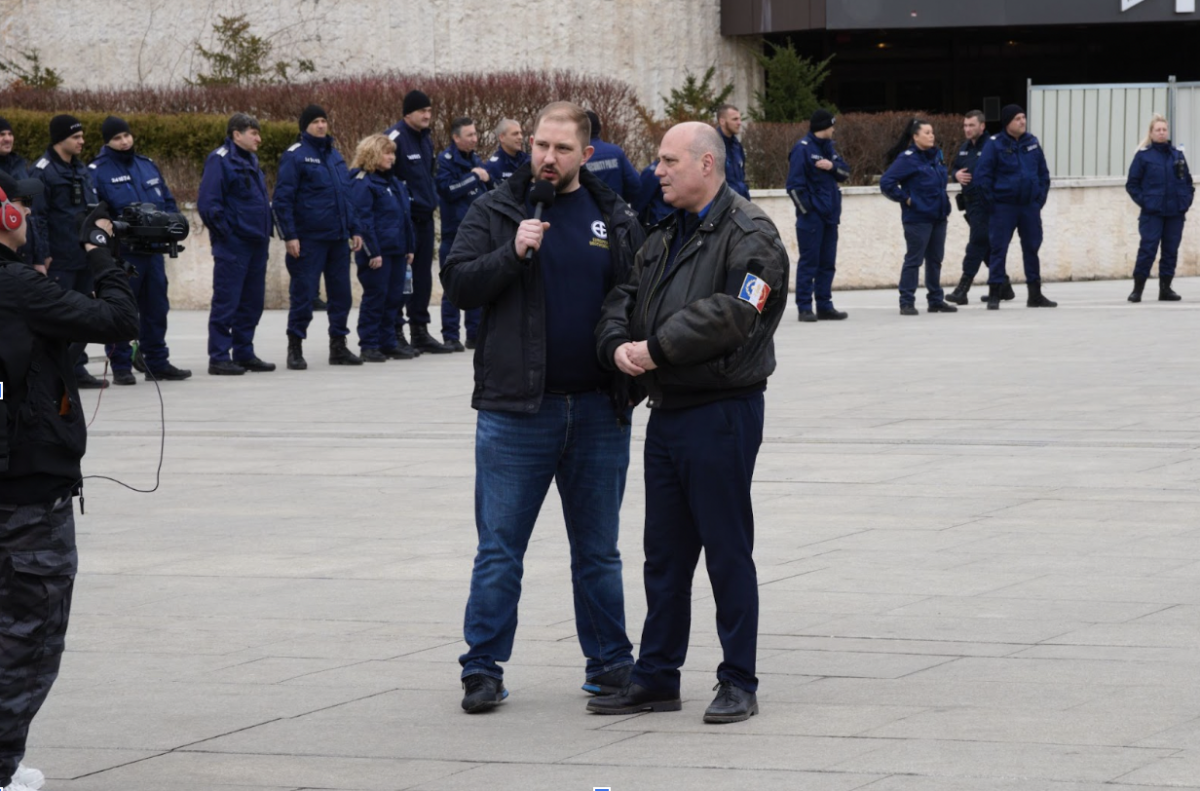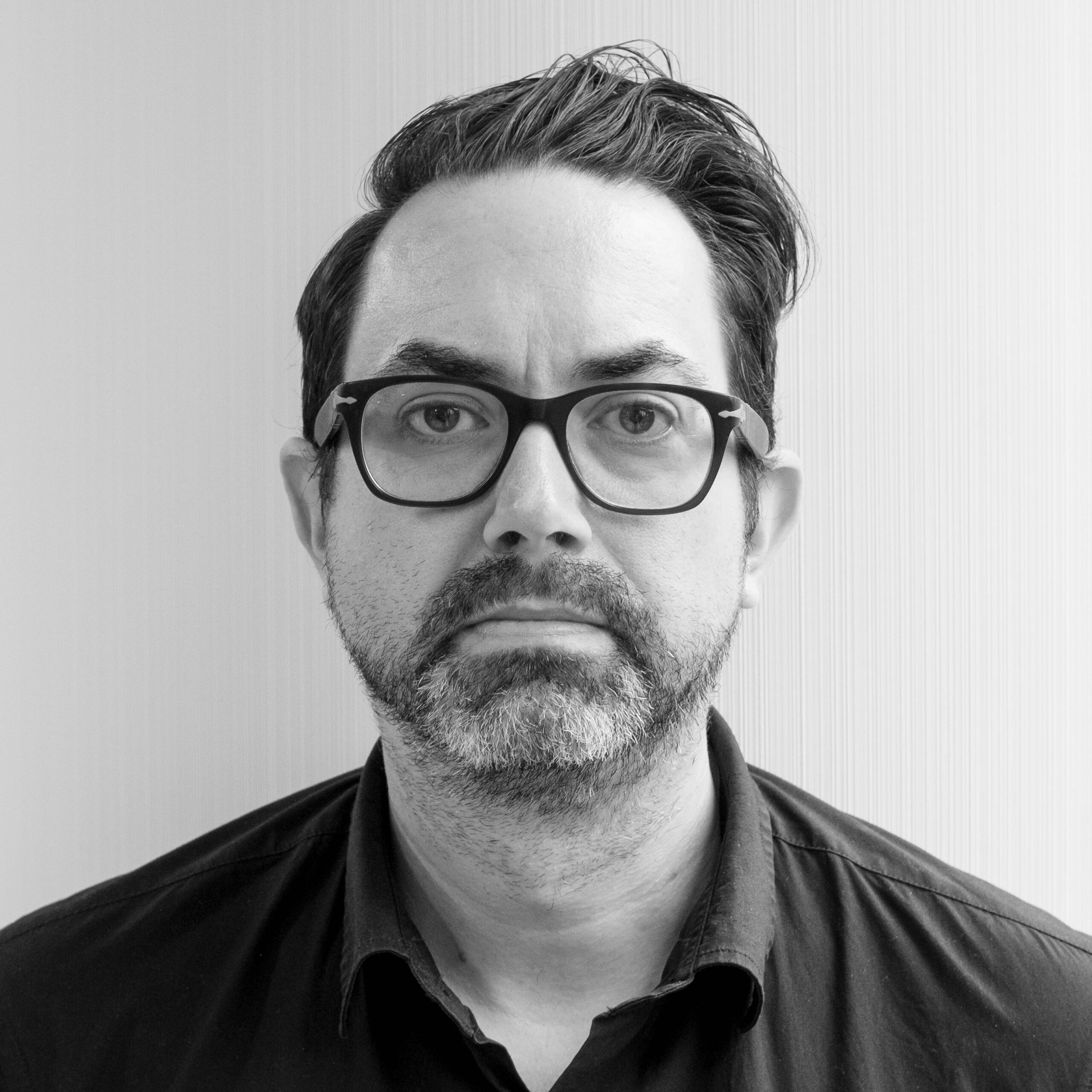Kashmiri women face lifelong battle with HIV
Experts in region say people with HIV are usually stigmatized, shunned by society as well as family, friends
Nusrat Sidiq |03.05.2023

SRINAGAR, Jammu and Kashmir
Foziya Akhtar, a 35-year-old woman living in Indian-administered Kashmir, is waiting in a hospital corridor for her health checkup.
Living in the capital Srinagar, she looks frail and weak, as she has been on anti-HIV drugs for many years. A small infection leaves her bedridden for many weeks, she said.
Years before, Akhtar contracted HIV from a blood transfusion, but it was only detected when she was tested for the viral infection, which destroys the immune system.
“This is a lifelong battle,” she said at the antiretroviral center of the Sher-i-Kashmir Institute of Medical Sciences (SKIMS), where she receives treatment.
As of March this year, there were 7,169 people with HIV/AIDS in the Jammu and Kashmir region. The figure by the regional HIV/AIDS Control Department suggests that out of the total number of infected people, 3,399 are on antiretroviral therapy.
Antiretroviral therapy is a process in which people infected with the human immunodeficiency virus (HIV) are treated using anti-HIV drugs.
Dr. Sabia Jan, who works with the Jammu and Kashmir AIDS Control Society, told Anadolu that HIV infection has remained more or less controlled in the region, with fewer cases seen in Kashmir than in the Jammu region despite an influx of tourists and migrant workers.
However, she cautioned that awareness regarding the disease plays an important factor in eliminating it.
“You need to understand that this disease is treatable but not curable,” she said.
Stigma
Though the prevalence of HIV infection in the Jammu and Kashmir region is low, at 0.06%, the stigma attached to the disease has remained persistent.
Akhtar recalled experiences where her relatives or friends maintained their distance after learning about her health condition.
“Many of my family, relatives, and friends stopped seeing or visiting me, as they thought they would catch the infection,” she said.
Akhtar also said that often HIV-infected people are treated as untouchables and are looked down on in society, especially women diagnosed with the disease.
“I go through a lot, I can’t even tell you. Even getting treatment for my health condition comes with so many hurdles,” she said.
A 2017 research study said that Kashmiri women are more susceptible to HIV due to cultural barriers, health vulnerabilities, and social structures, having less awareness about treatment facilities, prevention strategies and the perceived risk of infection.
“Women have to face numerous challenges after the infection such as the lack of social support, a higher level of stigma and discrimination, a decreased quality of life, mental health issues and adverse coping” mechanisms, the study noted.
Dr. Sheikh Mohammad Saleem, a medical expert, said it is true that women with HIV infection often face social stigma and discrimination, which can make it challenging for them to access healthcare facilities.
He, however, said that due to the ongoing national AIDS control program, a lot is being done to address such issues.
“We have seen significant improvements in recent years. While there is still much work to be done, I am hopeful that the situation will continue to improve,” he said.
The first HIV-positive case in the region was detected in 1986 after a Kashmiri businessman returned from Germany.
Mental toll
Akhtar said her fragile health has left her depressed, and many times it is hard for her to hold her emotions back.
She said when she was diagnosed with the infection, it was hard for her to believe the medical reports.
“It felt so terrible. My whole life turned upside down,” she said.
A 2015 study in the International Journal of Indian Psychology said when people first learn that they have HIV, they feel shock, anger, and numbness, and they usually deny that they are affected by the disease.
“Feelings of guilt and shame are also present,” the study said.
According to experts, people with HIV are usually stigmatized and face a lot of other problems like being looked down upon and shunned by society as well as family and friends. They receive little psychological and social support and are usually left to face the disease by themselves.
Dr. Yasir Rather, a senior psychiatrist in the region, told Anadolu that such patients hardly receive any psychological treatment because they never share their health condition with anyone just to avoid the social tag of being HIV positive.
“We have this notion that HIV spreads only through sexual contact and not by other modes, which makes it highly stigmatized,” Rather said.
The 2015 study also found that nearly 78% of the HIV patients in the Kashmir region suffer from mental disturbances or depression, with only 2% seeking psychiatric help, adding that the social implications heavily burden the victims of the disease.
Akhtar said the disease is like a “death sentence” that one cannot run away from.
“I have adjusted to living with it,” she said.



